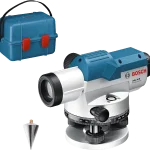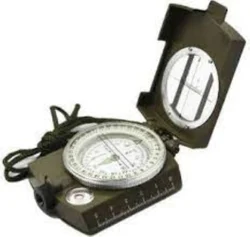Compass equipment has long been an essential tool for navigation, guiding explorers and adventurers through uncharted territories. The classic magnetic compass, with its needle dancing freely to align with the Earth’s magnetic field, remains a symbol of directionality and discovery. Its simplicity belies its profound impact on human exploration, enabling travelers to traverse vast landscapes and navigate through dense forests or open seas.
Modern advancements have introduced a variety of digital compasses that integrate GPS technology, providing not only cardinal directions but also precise positioning in real time. These sophisticated devices often come equipped with additional features such as altimeters, barometers, and even weather forecasting capabilities—transforming traditional navigation into a multi-faceted experience.
Yet despite these technological innovations, the allure of the classic compass endures. Enthusiasts treasure vintage models crafted from brass or wood, appreciating their craftsmanship and historical significance. Collectors find joy in acquiring unique pieces that tell tales of bygone eras when navigation relied solely on celestial bodies and terrestrial landmarks.
In all forms—be it analog or digital—a compass serves as more than just a navigational aid; it embodies humanity’s innate desire to explore the unknown. Whether charting a course across sprawling mountain ranges or amidst bustling city streets, each journey undertaken reaffirms our connection to both nature’s vastness and our own sense of adventure. The compass remains an enduring symbol of exploration—a steadfast companion guiding us toward new horizons yet to be discovered.
Showing all 2 results





